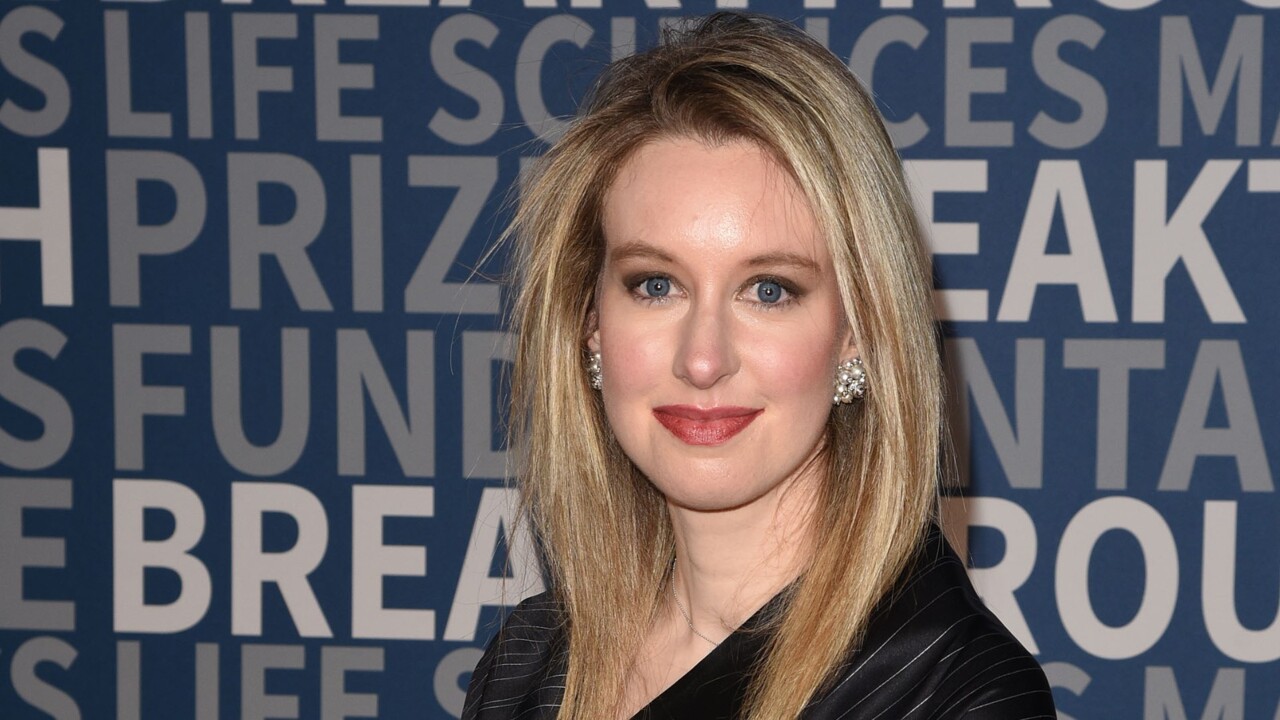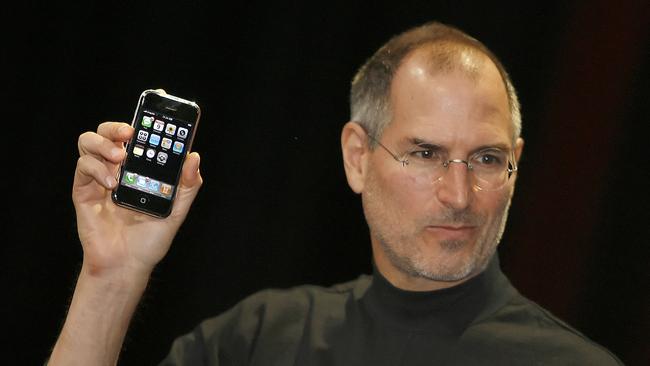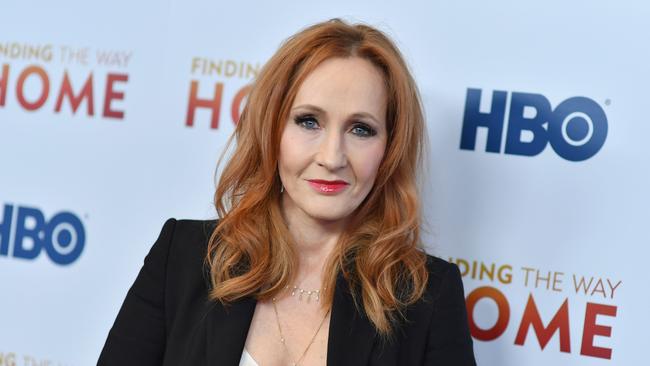The ‘dream big’ myth sells us dangerous lies

Before long Holmes was in the realm of private jets and bodyguards, raising hundreds of millions from investors, schmoozing with the former US secretaries of state George Shultz and Henry Kissinger. At its peak, her company was valued at dollars 9 billion. Toe-curling footage shows scores of workers whooping as she enters a meeting to the strain of MC Hammer’s U Can’t Touch This.

Yet behind the hype there was a serious problem: the product didn’t work. Edison went through numerous prototypes, failing and failing again. Theranos was a supercar with sawdust under the bonnet, and its chief saleswoman lied and misled to keep the funds coming in.
Few will feel much sympathy for her now, but watching interviews with the unblinkingly earnest Holmes it strikes me that she was herself a victim, of what we might call the Dream Big myth. The entrepreneur routinely wore black turtlenecks, a signature look modelled on her hero Steve Jobs. The Apple founder was a champion of dreaming big, a coiner of inspiring lines such as “We’re here to put a dent in the universe. Otherwise why else even be here?” This is the glittering part of the myth: the suggestion that we should all be aiming for outsize ambitions - to become first-name famous, to make billions, to change the world.
Holmes had swallowed such hubris whole, declaring that her ambition was to discover “something mankind didn’t know it was possible to do”. At the height of her (fake) success she said she was “living proof that it’s true that if you can imagine it, you can achieve it”. This is the other part of the Dream Big myth: the idea that what we achieve is only limited by the boldness of our dreams; and linked to this, the promise that anyone can “make it” if only they persevere.

The Dream Big myth emerged in recent decades as a rebuke to the notion that we should know our place, a riposte to the class-bound societies that for centuries condemned great talents to obscurity because they were born into poverty. As Thomas Gray mused in his Elegy Written in a Country Churchyard: “Full many a flower is born to blush unseen . . .” The Dream Big myth rejects this miserable unfairness with the promise that anyone can reach the top with the requisite elbow grease. This promise has sunk into our consciousness via Instagram quotes, rags-to-riches inspirations, even children’s books; on my shelf stands a book called Peanuts: You Can Be Anything! which shows Snoopy enjoying a range of illustrious careers, from astronaut to flying ace to world-famous writer.The Dream Big myth is now such common currency that it is parroted witlessly by “influencers” and reality show contestants; last week the Love Island star Molly-Mae Hague (very popular with young folk) caused a stir by declaring: “If you want something enough, you can achieve it . . . it just depends on the lengths you want to go to . . . we all have the same 24 hours in a day.” As the great purveyor of fairytales Walt Disney put it, a little more magically: “All our dreams can come true, if we have the courage to pursue them.” This may be a wonderfully inspiring idea but it is baloney - and damaging baloney.
The Dream Big myth is dangerous because by encouraging individuals like Holmes to believe they can change the world if only they persevere, it invites reckless bloody-mindedness. After The Wall Street Journal ran an expose on Theranos, Holmes appeared on television saying: “This is what happens when you work to change things . . . first they think you’re crazy, then they fight you, and then all of a sudden you change the world”. She ran through stop sign after stop sign, convinced that destiny was instructing her to carry on regardless.
The notion that failure should always be a comma, never a full-stop, is central to the Dream Big myth, especially in Silicon Valley, where failure is fetishised; the essential preamble to your TED talk. Never mind if you have performed abysmally, gone bankrupt, hurt people or shown yourself to be terrible at whatever it is you’re attempting, you’ve got to get back on the horse.

We are steeped in the stories of those who made it after numerous failures, from Bill Gates (Harvard dropout) to Steve Jobs (fired from Apple) to JK Rowling and her Harry Potter rejection letters, and so we have been led to believe, as Einstein put it, that “failure is success in progress”. Holmes is just one high-profile example of how sometimes failure really should be a full-stop; how many others push their businesses, colleagues or families too far because they are determined to make it big at any cost?
The myth is demoralising, too, because the vast majority of us are not equipped with the talents, ideas or intelligence to change the world or become incredibly successful (in the conventional sense). Two decades ago Prince Charles got into trouble for a leaked memo in which he complained about the culture that “tells people they can all be pop stars or high court judges or brilliant TV personalities”. The future king of England might not have been the best messenger for this but he was right. Even if you levelled out all the advantages conferred by money, background and education, most of us are simply not exceptional enough to reach the heights. When people are told that they can become anything they want, they are being sold a lie.
The Dream Big myth leads people such as Elizabeth Holmes to continue trying to change the world when they should really stop. It leaves people feeling inadequate, suggesting their lives are anaemic if not defined by great success or grand purpose. The alternative to “dream big” isn’t “dream small” or “know your place” but “know your worth” without having to prove it. Though it is good to be inspired, kinder philosophies do not instruct people to seek personal glory at all costs but to find glory in the “average” and the everyday.
The Times







Those who enjoyed the cunning of Vanity Fair’s Becky Sharp will be interested in Elizabeth Holmes, the American entrepreneur convicted last week of fraud and conspiracy. As Sharp lied and charmed her way to the top of Regency society, so Holmes lied and charmed her way to the top of the Silicon Valley tree. At 19 she dropped out of Stanford University to start a company, later called Theranos, which pledged to revolutionise global healthcare. Its “Edison” blood-testing machine would perform hundreds of screenings with just a few drops of the red stuff.